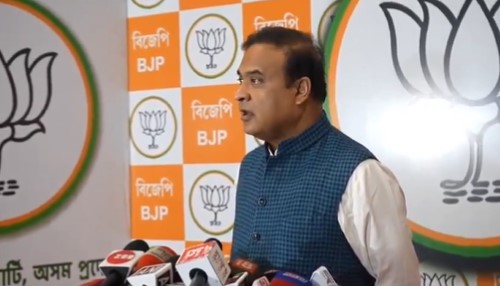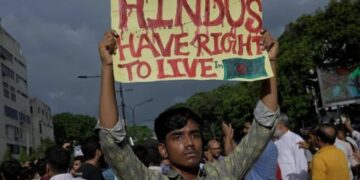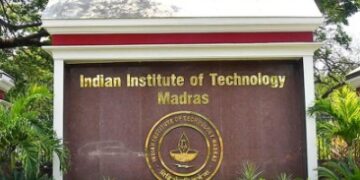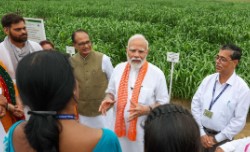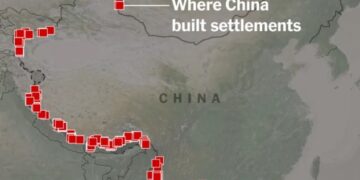As political unrest continues to shake Bangladesh, Assam Chief Minister Himanta Biswa Sarma has expressed serious concerns about potential illegal infiltration from the Bangladeshi border. The CM highlighted the gravity of the situation, suggesting that prolonged unrest in Bangladesh could compel some individuals to cross into Bharat.
“The situation unfolding in Bangladesh is alarming,” stated Himanta Sarma. “If the turmoil persists, there is a real risk that people might be forced to enter Bharat. Therefore, it is crucial for us to secure our borders against any potential infiltration.”
In addition, Assam CM raised concerns about Bangladesh potentially becoming a refuge for terrorist activities in the future. Reflecting on past events, he noted, “During Sheikh Hasina’s tenure, all terrorist groups from the northeast were expelled from Bangladesh. It is essential that Bangladesh does not revert to being a safe haven for such groups. I trust that the Indian Government will remain vigilant and maintain communication with whatever new government emerges there.”
Earlier, Union Minister Piyush Goyal addressed the situation, expressing concern and extending hopes for a smooth transition in Bangladesh. Speaking at the BIMSTEC Business Summit in Delhi, Goyal remarked, “We are all deeply concerned about the evolving situation in Bangladesh. We wish the people of Bangladesh a smooth transition and a prosperous future.”
The political scenario in Bangladesh has been in flux following Sheikh Hasina’s resignation as Prime Minister on August 5 amidst escalating protests. These demonstrations, initially driven by student demands to abolish the quota system for government jobs, have expanded into broader anti-government protests.
In the wake of Hasina’s departure and her subsequent relocation abroad, President Mohammed Shahabuddin has announced the dissolution of the parliament to pave the way for an interim administration.
According to the Dhaka Tribune, Nobel laureate Muhammad Yunus has been appointed to head the interim government. This decision was made following a meeting between President Shahabuddin and leaders of the Anti-Discrimination Student Movement.


